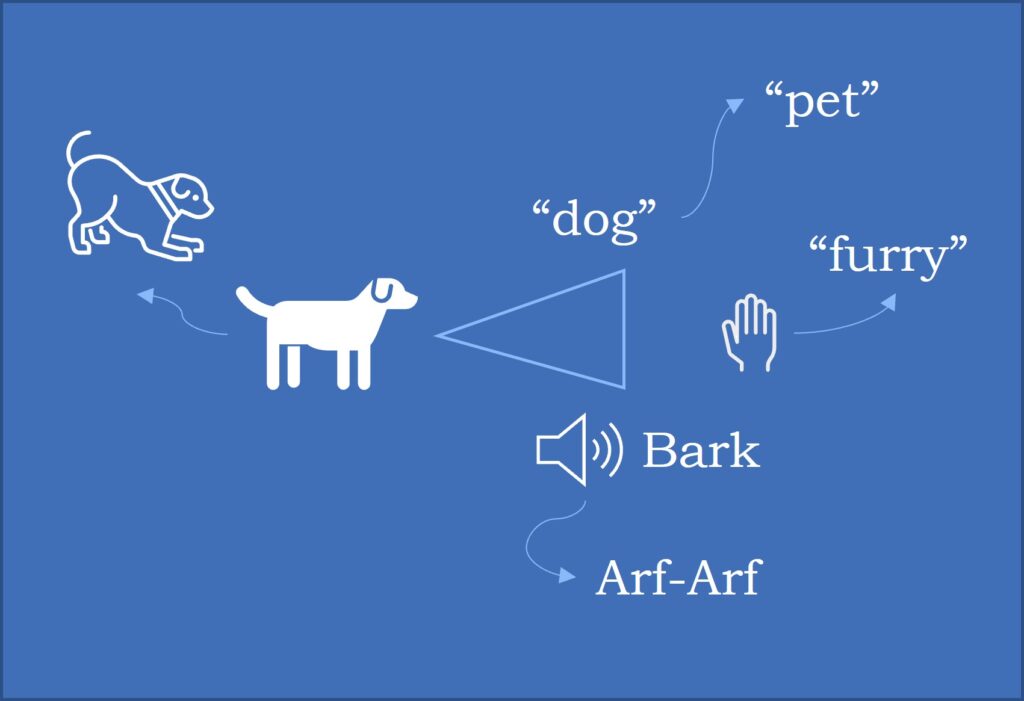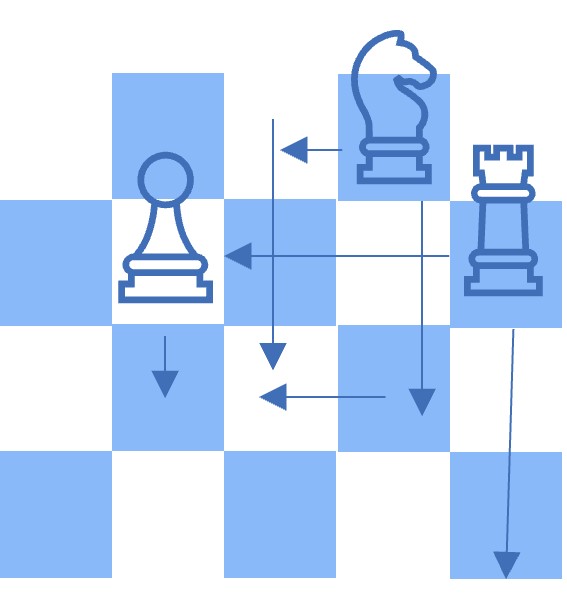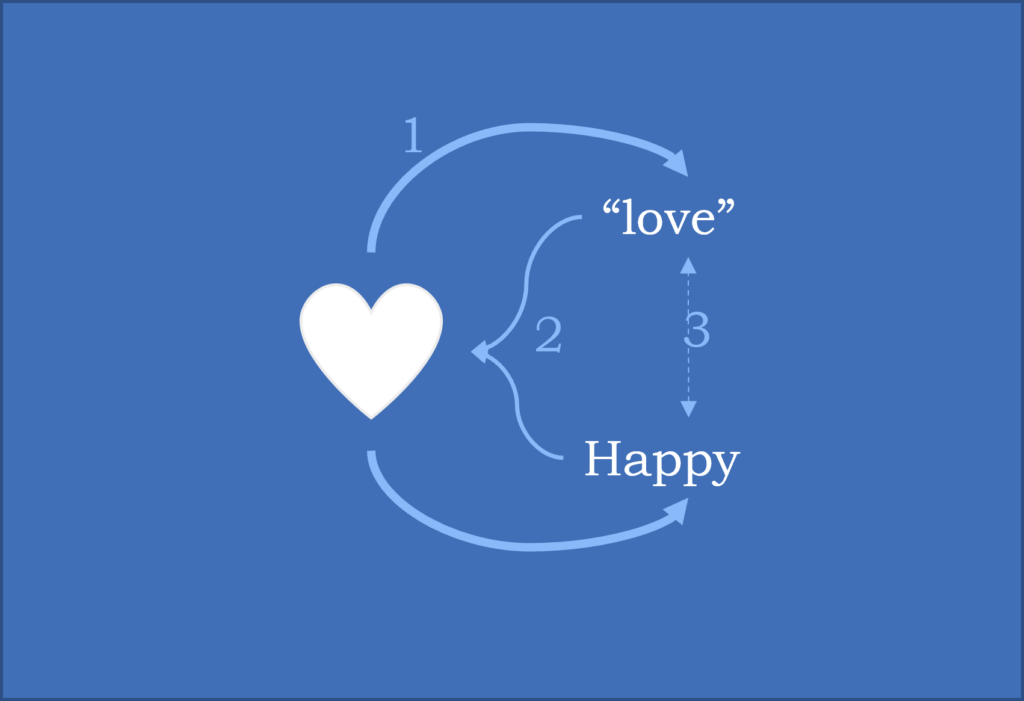Note: As an experiment, I generated this blog copy using ChatGPT.
Relational Frame Theory
Relational Frame Theory (RFT) is a behavioral psychology theory that aims to explain how language and cognition are related. It was developed by Steven C. Hayes and his colleagues in the 1980s and 1990s.

According to RFT, language is not just a tool for communicating with others, but it is also a tool for thinking and solving problems. It does this by creating relationships between words and concepts. For example, when we learn the word “dog,” we also learn that it is related to other words such as “bark,” “furry,” and “pet.” These relationships are called relational frames, and they allow us to use language to think about and understand the world around us.
RFT also suggests that language is not just a tool for communicating with others, but it is also a tool for shaping our own thoughts and behaviors. For example, if we are told that we are “lazy,” we may start to believe that we are indeed lazy and behave accordingly. This is known as the self-fulfilling prophecy effect.
Slips of the Tongue
Freud’s theory of slips of the tongue, also known as “Freudian slips,” suggests that these slips are the result of unconscious thoughts or desires that we try to repress. According to Freud, these slips reveal our true feelings or desires, even if we are not consciously aware of them.

For example, if someone says “I meant to say chair, not car,” this slip may reveal that the person is thinking about a car and not a chair. Freud believed that these slips were a way for the unconscious mind to communicate with the conscious mind.
Stream of Consciousness
Stream of consciousness is a theory that suggests that our thoughts are constantly flowing and changing, much like a stream. This theory was developed by James Joyce and other modernist writers in the early 20th century. According to this theory, our thoughts are not organized or logical, but rather they are a jumbled mix of memories, impressions, and emotions.
Dominant Species
Yuval Noah Harari’s theory in “Sapiens” on naming abstract things suggests that our ability to name abstract concepts, such as love or justice, is what has allowed humans to create complex societies and civilizations. According to Harari, these abstract concepts are not real things that exist in the world, but rather they are ideas that we have created in our minds and shared with others through language.

For example, the concept of “love” is not a tangible object, but rather it is a feeling that we experience and describe using words. By sharing and agreeing on these abstract concepts, we are able to create social norms, laws, and cultural practices.
FFT
Brene Brown’s FFT (Feeling and Faith Together) naming idea suggests that naming our feelings and emotions can help us to better understand and manage them. According to Brown, when we can accurately name our feelings and emotions, we are better able to identify and express them in a healthy way. This can help us to build stronger relationships and to live more authentic lives.
From Dominance to Bliss Through Naming
In summary, RFT suggests that language is a tool for thinking and understanding the world around us, Freud’s theory of slips of the tongue suggests that these slips reveal our unconscious thoughts and desires, stream of consciousness theory suggests that our thoughts are constantly flowing and changing, Harari’s theory on naming abstract things suggests that our ability to name abstract concepts has allowed us to create complex societies, and Brene Brown’s FFT naming idea suggests that naming our feelings and emotions can help us to better understand and manage them.
All of these theories highlight the importance of language and the power of naming things. Relational Frame Theory suggests that language is a tool for thinking and understanding the world around us, and that by creating relationships between words and concepts, we are able to use language to make sense of our experiences. Freud’s theory of slips of the tongue suggests that these slips reveal our unconscious thoughts and desires, and that by naming these thoughts and desires, we can gain insight into our own unconscious mind.
Stream of consciousness theory suggests that our thoughts are constantly flowing and changing, and that by naming these thoughts and emotions, we can better understand and make sense of them. Harari’s theory on naming abstract things suggests that our ability to name abstract concepts has allowed us to create complex societies and civilizations, and that by agreeing on and sharing these abstract concepts through language, we are able to create social norms, laws, and cultural practices.
Finally, Brene Brown’s FFT naming idea suggests that naming our feelings and emotions can help us to better understand and manage them, and that this can lead to stronger relationships and more authentic lives.
Overall, these theories show that naming things is a powerful tool for understanding and making sense of the world around us, as well as for understanding ourselves and our own thoughts and emotions. By naming things, we are able to create relationships, gain insight, and create meaning.



